If you are going to work with interpreters for the very first time at a deposition, mediation, or arbitration, or you ever wonder how to better work with interpreters, this article is for you.


If you are going to work with interpreters for the very first time at a deposition, mediation, or arbitration, or you ever wonder how to better work with interpreters, this article is for you.

For highly technical events such as an FDA inspection, it is critical that the interpreters have strong domain knowledge. Otherwise it may lead to jaw-dropping or disastrous moments.
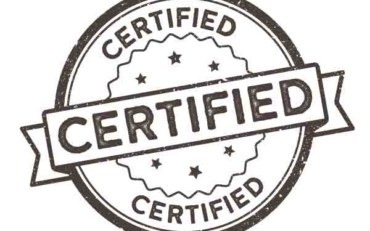
The certifications issued by the American Translators Association (ATA) are the best credentials available for document translation services. But exactly how good are ATA certified translators?
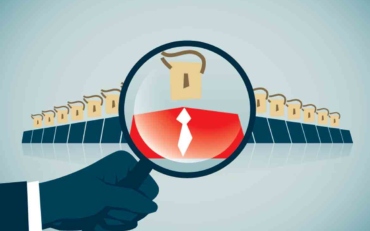
In this article, we use Mandarin interpretation services as an example to demonstrate how to best screen interpreters and gauge interpreter competency.

Mandarin deposition services are used when a deponent is not fluent in English. Here are some tips for attorneys that can help move the proceeding forward more smoothly…
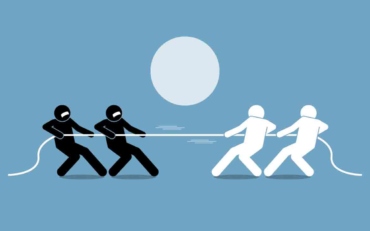
Interpreter is a very special profession. Interpreters must remain impartial and avoid bias or perceived bias at all times.
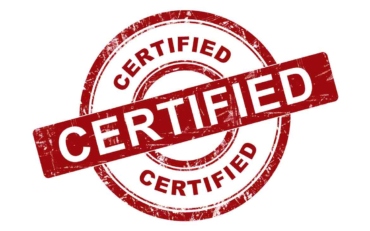
For court and deposition interpretation, court interpreter certification is the best credential available. Court-certified interpreters are given priority when courts hire interpreters.

For conference and legal interpretation, team interpreting not only reduces interpreter fatigue, but also improves accuracy. This is true for consecutive interpretation just as for simultaneous interpretation.
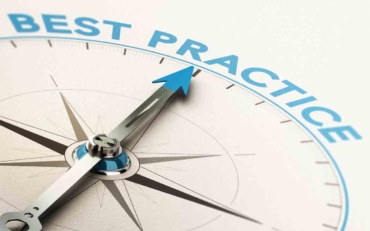
Below are the best practices in translation services that we have found to be very effective and efficient.
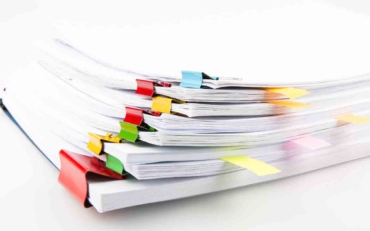
One of the myths that clients have regarding interpretation services is that interpreters need no preparation. This couldn’t be farther from the truth.